Policies » Section G: Personnel » GBD: Board-Employee Communications
Policy Date: 06/01/2023
Download Policy NowCSD File: GBD
CANDIA SCHOOL DISTRICT
BOARD-EMPLOYEE COMMUNICATIONS
The Board desires to maintain open channels of communication between itself and the employee.
The basic line of communication will, however, be through the Superintendent of Schools.
Staff Communications to the Board
All official communications or reports to the Board or any Board committee from Principals,
supervisors, teachers, or other employee members shall be submitted through the
Superintendent. Staff members are also reminded that Board meetings are public meetings. As
such, they provide an excellent opportunity to observe at first hand the Board’s deliberations on
problems of employee concern.
Board Communications to Staff
All official communications, policies, and directives of employee interest and concern will be
communicated to employee members through the Superintendent, and the Superintendent will
employ all such media as are appropriate to keep employees fully informed of the Board’s
problems, concerns, and actions.
Visits to School
Individual board members interested in visiting the school will make arrangements for such
through the Principal. Such visits shall be regarded as informal expressions of interest in school
affairs and not as “inspections” or visits for supervisory or administrative purposes. Official visits
by board members will be carried on only under Board authorization and with the full knowledge
of the Superintendent and Principal.
Social Interaction
Staff and board members share a keen interest in the school and in education generally, and it is
to be expected that when they meet at social affairs and other functions, they will informally
discuss such matters as educational trends, issues, and innovations and general School District
problems. However, employee members are reminded that individual board members have no
special authority except when they are convened at a legal meeting of the Board or vested with
special authority by Board action. Therefore, discussions of personalities or personnel grievances
by either party will be considered unethical conduct.
Adopted: June 1, 2000
Reviewed: June 1, 2023
